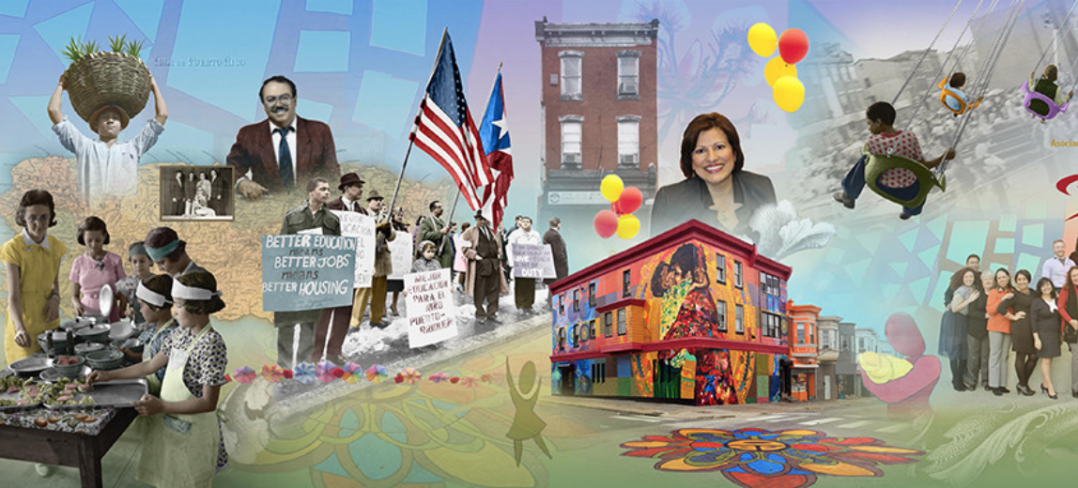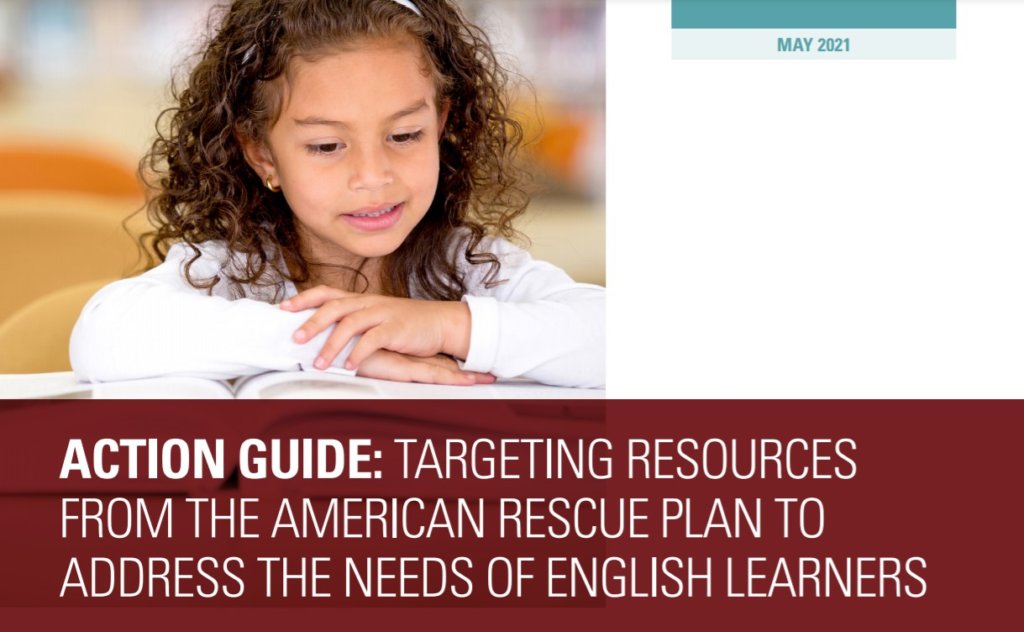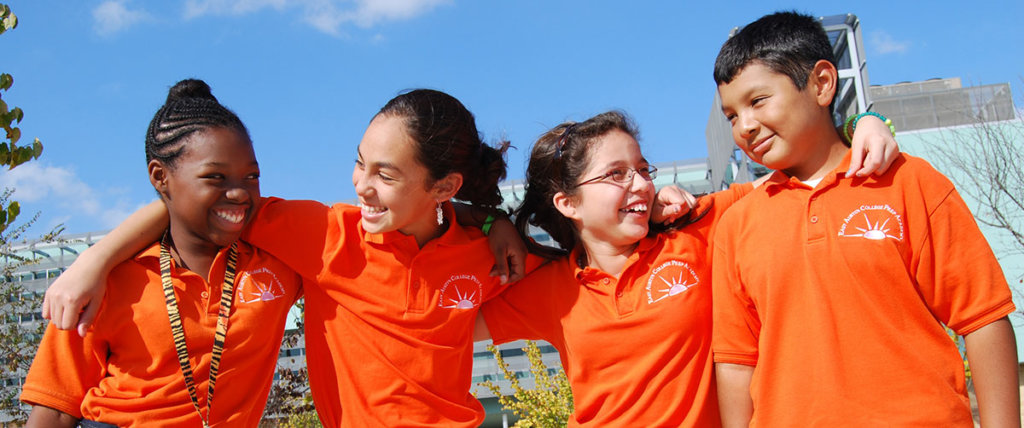UnidosUS Affiliate APM in Philadelphia Celebrates Its 50th with a Webinar on Early Childhood Education, Featuring “Maria” from Sesame Street
https://youtu.be/27Sbzx1rwng
If the 1960s were about fighting for the civil rights of communities of color, the 1970s were a time to go a step farther, and build the social and education services those communities needed to fully benefit from newfound freedoms.
A group of Puerto Rican Vietnam veterans helped lead that movement in Philadelphia. The UnidosUS Affiliate Asociación Puertorriqueños en Marcha, Inc. (APM) started in 1970 with just five employees in a storefront, and has grown into a network of social services offered through 10 sites, employing 400 and serving more than 40,000 people a year.
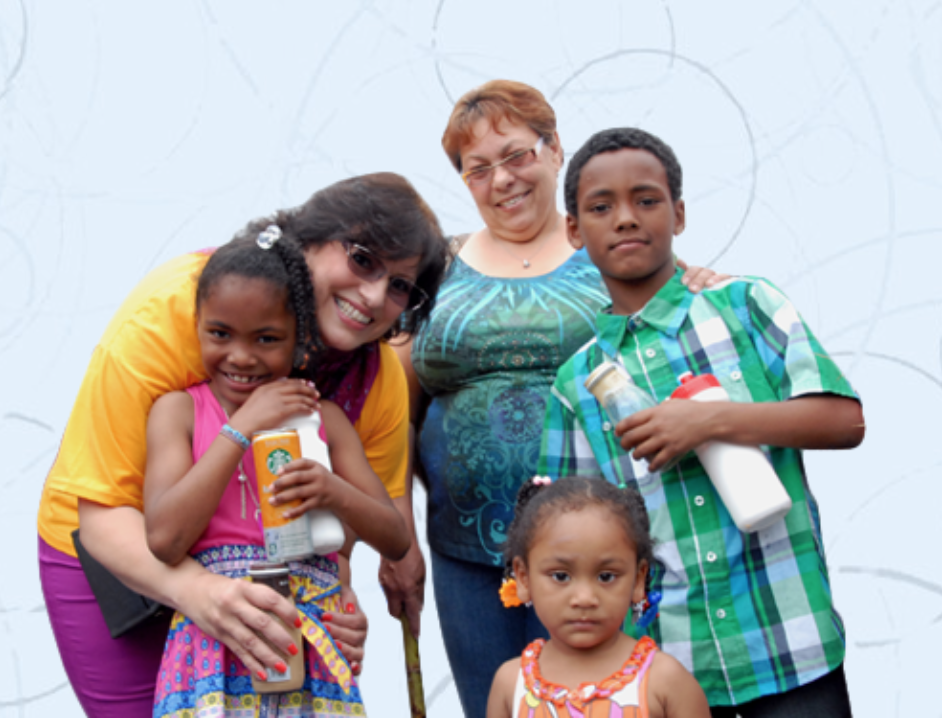
An October webinar on education held as part of a 50th anniversary virtual speakers series noted that APM’s tech-focused early childhood education services have become one of its signature programs, one that has helped kids transition to remote learning during the pandemic.
“We’ve had computers in the classroom for years. This wasn’t new to them,” said APM President and CEO Nilda Ruíz. She said this year APM received a grant from its community partner TruMarkto obtain tablets and Internet SIM cards for all 600 of its students, deliver them through their own teachers who dropped them on doorsteps, and provide an online teaching program to those kids three days a week, with some in-person childcare available for families working outside the home.
“We are aware of many needs our faces on a daily basis, let alone in a crisis like this,” said Margarita Hernandez, APM Senior Director of Early Childhood Programs, noting that families are facing isolation, depression, lack of food, domestic violence, mental health issues, and lack of financial resources.
The commemoration continued with an interview of Puerto Rican actress named Sonia Manzano, who became the first Latina on the legacy children’s television show Sesame Street the year after APM’s founding. Then came a panel discussion, which featured Manzano, UnidosUS Director of Early Childhood Education Dr. Robert Stechuk, and former Pennsylvania Department of Education Pedro Rivera. All of them reminded viewers that PBS, the network which has always runs Sesame Street, was also born of the Civil Rights Movement with the mission of using mass media as a great educational equalizer. In fact, they said it still fuels a spirit of inclusion and creativity among educators today.
“I always tell people kids have that excitement in them, and it’s our job to keep that excitement going,” said Manzano during a Q&A withAvi Wolfman-Arent, aneducation reporter with Philadelphia’s own public broadcasting network WHYY, “I thought, ‘I’m going to be that person or that kid in the Bronx who’s looking at me for comfort.”
That was exactly the kind of character Sesame Street was looking for, since its goal was to make television a safe space for children whose families might be dealing with issues such as structural racism, working long hours to pay bills, or maybe even learning English. Manzano quickly remembered the ways she found order and confidence in a chaotic world. For example, she marveled as a young child when she sat down to count her fingers and toes and realized she had ten of each. She felt an excitement about reading the day her bratty sister refused to interpret a sign in a subway car, telling Manzano she could read it herself. It was the first time Manzano had realized reading doesn’t just happen in the classroom. And even though her mother didn’t always have time to sit and read to her, she’d fill her with adventurous tales of her own childhood in Puerto Rico.
After recounting her childhood memories, Manzano joined a panel of three other experts to discuss how policymakers, educators, and parents can come together to find new, innovative ways of helping their children learn and develop in the midst of today’s chaos: continued systematic racism, the coronavirus pandemic, a struggling economy, and a tense social and political climate.
Meeting the Needs of Students During the Pandemic
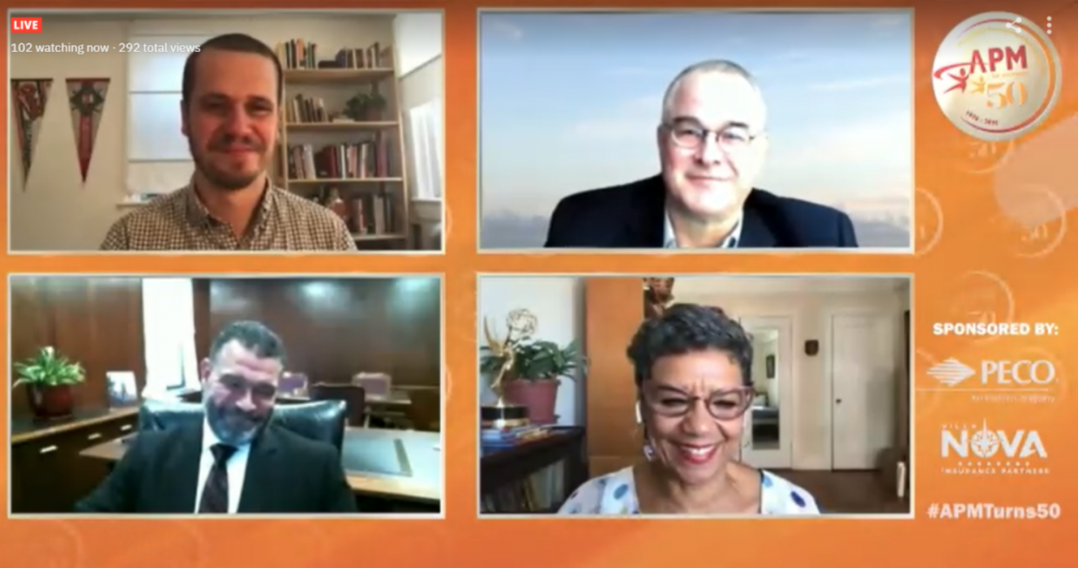
When the pandemic hit, the first educators in Pennsylvania had to confront the day-to-day impact of all the aforementioned challenges before they could figure out remote learning options or socially distanced classrooms, noted panelist Pedro Rivera, the former Pennsylvania Department of Education Secretary.
“The first crisis to hit us in less than a week was not educational. It was food and security,” he said. “Families were lining up a mile from food banks and other institutions to try and have access to those meals.”
The Pennsylvania Department of Education worked alongside the state’s Department of Agriculture, the Department of Health and Human Services, and community leaders to ensure those resources were readily available, then they worked with teachers to come up with ideas for remote learning. It wasn’t long before the team realized many families still lack computers, tablets, and even WiFi.
In addition to gathering those resources, they found themselves right back where Manzano started at PBS. As with the early 1970s, all it takes is rabbit ears to get a television signal, so teachers started coming up with creative, broadcast-oriented programs and learning modules. And like Sesame Street, they’ve been working to make it both informative and fun.
“Art experiences, movement opportunities, support for play, and the ability to engage in daily conversations, all of those have a therapeutic value, and above and beyond that, it gives the child an opportunity to express their ideas, their feelings, their experience through their art, and we can invite children to talk about what’s going on,” noted Dr. Robert Stechuk, UnidosUS’s director of early childhood education.
The Importance of Early Reading and Multilingualism
Stechuk also noted that developing a sense of pride and wonder in a child’s world is the first step to giving them a sense of agency in it. And with that, they can further develop their confidence to explore and problem solve through reading, a skill that dozens of studies produced over more than three decades shows as key to long-term academic growth.
“The skills, knowledge, and abilities that children develop between birth and age five, are fundamental to their long-term reading success,” said Stechuk, noting that kids benefit from learning to read and being read to as early as possible.
But Stechuk also warned that without competitive salaries, some of the best, most engaging early childhood educators won’t likely stay in the field. As such, UnidosUS is partnering with the National Black Child Development Institute to campaign for at least $20 an hour.
Stechuk also spoke of the importance raising awareness about the benefits of multilingualism. He said many parents, educators, and policymakers falsely assume children will get confused learning their home language and English at the same time. In reality, proficiency in a child’s home language is the “best way to support their eventual reading success and school success in English,” he said.
That’s a major concern for UnidosUS. According to a joint study by UnidosUS and the Population Reference Bureau, Latino students currently make up a quarter of all U.S. school children, and they’ll make up half of them by the year 2050, they’ll be one in two. And according to data from the U.S. Department of Education, about 75% of them come from Spanish-speaking households.
“Fewer than one in four Latino children are reading at a proficient level, so the majority of children are classified as basic readers or below basic, which means they’re more than a year below grade level,” said Stechuk, noting that schools have a long way to go in making education culturally and linguistically relevant.
And while Manzano noted that some childhood adversities, when overcome, can serve as a source of pride and resourcefulness, Stechuk noted that speaking more than one language can also lead to more complex thinking, cultural awareness, and empathy.
“K-12 systems are often not recognizing the assets and the strengths that Latino children bring to school, particularly in terms of their home language,” said Stechuk.
A Call For Engagement—from Adults and Children
Public awareness campaign and policy changes for issues like these don’t go far without greater parent engagement, and that’s something UnidosUS has been working on through its Padres Comprometidos program.
As the webinar came to an end, Rivera made a special, pre-election pitch for civic engagement.
“We need all these things for our communities, and it has to do with choosing our representatives that see us, that see what you’re talking about,” he said.
What the participants of that event didn’t know was that weeks later, Philadelphians would turn their state blue in the 2020 presidential election, giving Democratic Presidential Candidate Joe Biden the electoral votes he needed to beat Republican President Donald J. Trump. It’s a feat many civil rights organizations and educators believe will lead to greater supports for education at all levels and across all states, but the challenges will be many.
As for Manzano, or Maria as generations of children have come to know her, she couldn’t stress enough the importance of helping kids feel they too have agency, that they can appreciate the nuance of complex situations, and that they also have lots of ideas.
“I really think kids are resilient, and you don’t have to have all the answers,” said Manzano, adding, “What kid doesn’t feel great teaching an adult something, right?”

The webinar featured in this blog post is part of a virtual speaker series celebrating APM’s 50th anniversary. To learn more about APM’s work or to sign up for more webinars, visit www.apmphila.org.

